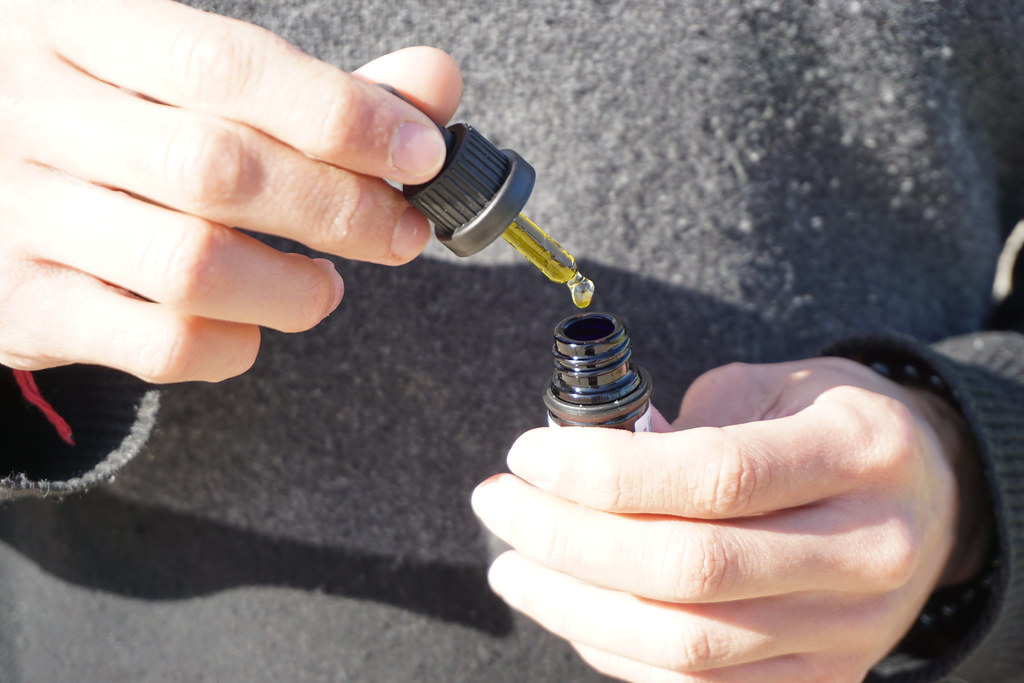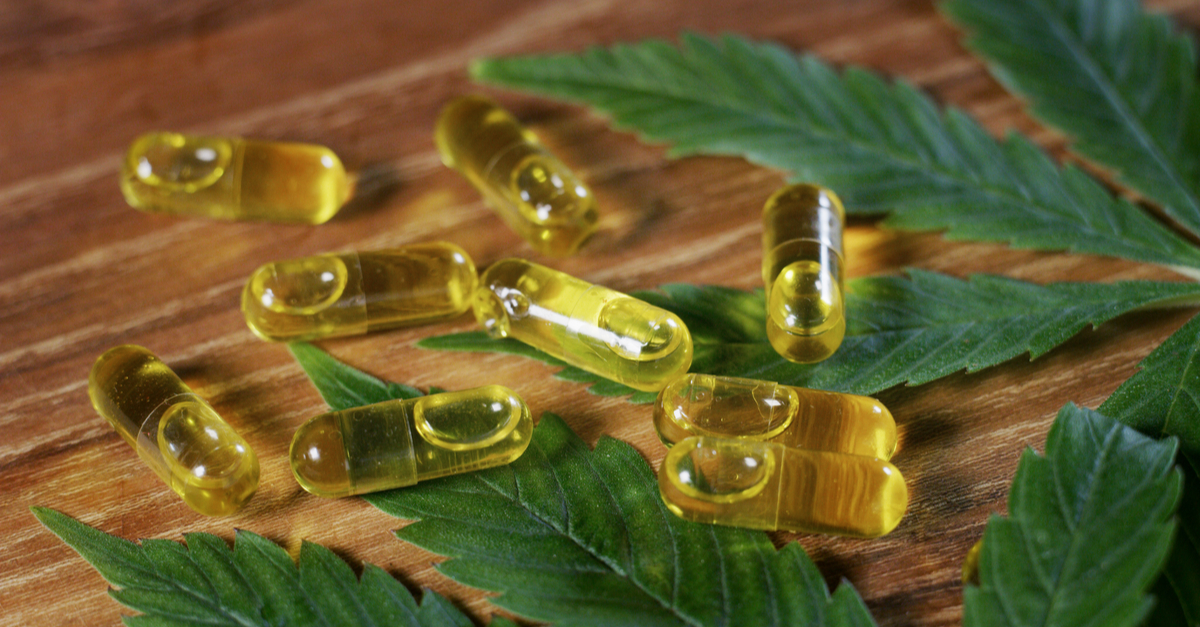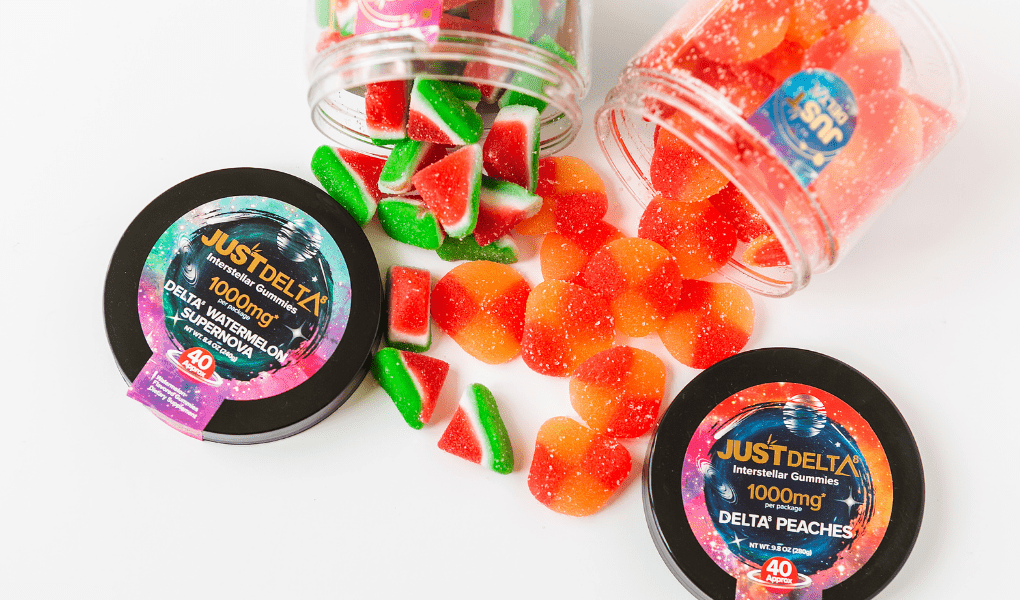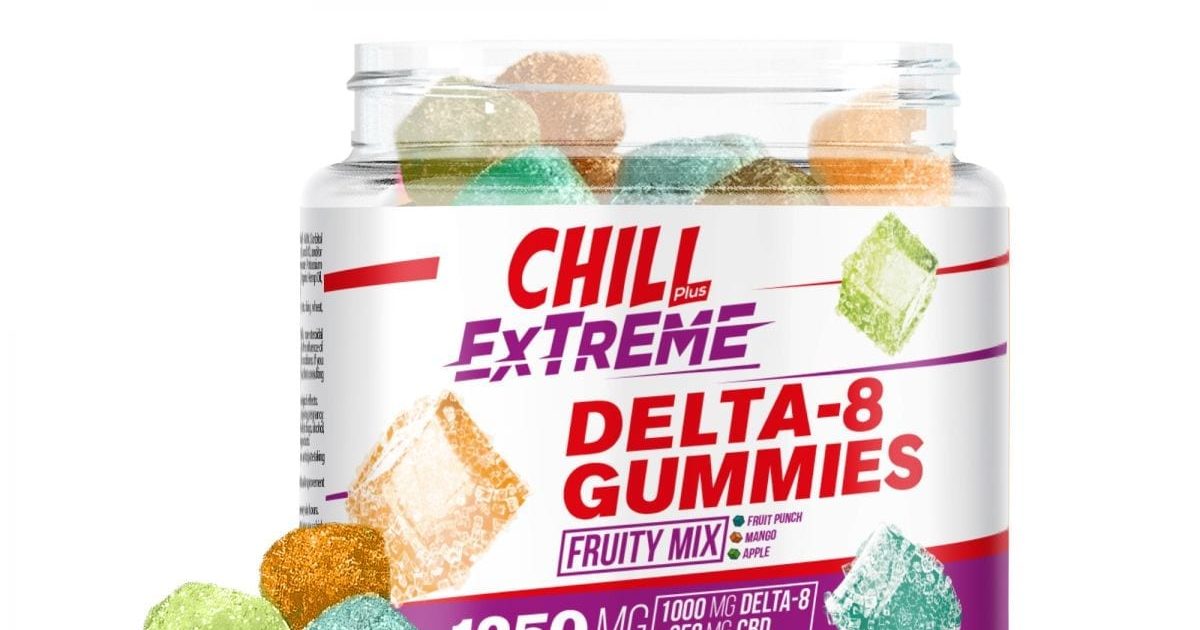If you are new to the cannabis world, you might be wondering what delta 8 THC is. You might also wonder how this compound compares to CBD. This article highlights the differences between CBD and Delta 8 THC. Herein, you will also learn about these compounds’ benefits and side effects.
The cannabis industry is fast-growing, and more consumers are turning to cannabis products for recreational and therapeutic purposes. Cannabis plants, including hemp and marijuana, contain various chemical compounds called cannabinoids. THC is one of the major cannabinoids known for its intoxicating effects. This means that THC products can get their consumers’ high.’ CBD is also another major cannabinoid. Unlike THC, CBD is non-intoxicating. Learn more about these cannabinoids below.
What Is Delta 8?
Delta 8 is a THC variant similar to the main form of THC known as Delta 9 THC. Although these two isomers are similar, they differ slightly because of their chemical structure, making delta 8 less powerful than delta9.
Benefits of Delta 8
Smoother Psychoactive Boost
Most people who use cannabis for fun rarely consume CBD since it cannot give them a ‘high effect. Also, some people do not like consuming delta 9 THC since its effects may come with anxiety feelings when taken in high amounts.
If you do not like an intense high that leads to anxiety or paranoia, you should try using delta 8 THC instead of delta 9 THC. The strength of delta 8 THC has been proven to be around fifty percent of that of delta 9. Most consumers claim that the former enables them to stay relaxed and focused.
Appetite Boost
Unlike delta 9, which results in intense cognitive effects, Livne et al. (2022) noted that delta 8 could boost appetite. This is because this compound interacts with the endocannabinoid system, ECS, to regulate various functions, including sleep, mood, appetite, and pain,
Neuroprotection
Scientists have started exploring the benefits that delta 8 THC has on its users’ brains. Maroon & Bost (2018) stated that delta 8 THC contains neuroprotective properties, meaning that it can control the potassium and calcium levels in the CNS. This may lead to a healthier brain. Singhal et al. (2012) noted that delta 8 also increases choline and acetylcholine levels. This may lead to treating Alzheimer’s disease and other neurodegenerative disorders. What’s more, Delta 8 improves cognitive functioning since it makes new neurons.
Better Sleep
As noted, Delta 8 gives its users a less intense high than delta 9. Although their effects are similar, delta 8 is less powerful. Dietrich & McDaniel (2004) noted that some of these effects include relief of stress, sedation, and a feeling of euphoria. If you have insomnia, these effects may be helpful to you.
Digestive Support
May & Glode (2016) advised that if you frequently experience nausea, delta 8 can aid you. Since it contains antiemetic properties, it can help you whenever you feel like vomiting. It is preferred to delta 9 since it does not cause anxiety feelings.
Pain Relief
Azcarate et al. (2020) showed that when cannabinoids like delta 8 are applied topically, they can relieve their user form of chronic pain. If you suffer from inflammation, delta 8 is an anti-inflammatory agent that can reduce inflammation levels. This is made possible since it controls the neurons responsible for transmitting pain in the body.
What is CBD?
CBD, also referred to as cannabidiol, is also one of the cannabinoids in the hemp plant. Woelfl et al. (2020) suggested that the difference between THC and CBD is that the former gives its users a high effect while the latter provides its users with a calming effect.
CBD is available in three forms, full-spectrum CBD, broad-spectrum CBD, and pure CBD. Full-spectrum CBD contains all compounds present in the hemp plant. CBD isolate only has the CBD compound, while broad-spectrum CBD contains all the compounds except THC.
Benefits of CBD
Like delta 8, THC CBD also has health benefits. Some of its benefits include:
Pain Relief
Burstein (2015) concluded that CBD has anti-inflammatory properties, which can help relieve pain, just like delta 8 THC.
Relieving Anxiety and Depression
Due to its calming properties, CBD can relieve anxiety. This is why many pharmaceutical products are infused with CBD oil.
Treat Opioid Addiction
Hurd et al. (2015) confirmed that using CBD could help treat people who depend on opioids. The study showed that CBD reduced the cravings felt by heroin users. It also helped in calming their anxieties. CBD has also reduced symptoms such as insomnia and anxiety in patients addicted to substance abuse.
Is Delta 8 a CBD
Although both are cannabinoids that have similar health benefits, Delta 8 differs from CBD. Unlike delta 8, which gives its users a psychoactive effect, CBD provides its users with a calming effect and does not get its users high.
Conclusion
Before purchasing cannabis plant products, you should always consult your doctor since they may give you a negative reaction. You should also be careful about where you purchase your product since some brands deal in low-quality products that may have a negative effect on the user. Go through the COA report and assess the lab test results. Ensure that the potency and THC levels are within the specified limit. Also, ensure the product is free from contaminants, such as heavy metals and pesticides. In addition, buy from reputable brands only. You can identify such brands by checking for customer reviews. Most reliable brands also offer a money-back guarantee to consumers who find their products ineffective. This will ensure you purchase safe cannabis products and avoid adverse side effects. From the article, you have now realized the difference between delta 8 THC and CBD and found that they are not similar. It may be a bit confusing since they almost provide the same benefits. However, this does not make them similar.
References
Azcarate, P. M., Zhang, A. J., Keyhani, S., Steigerwald, S., Ishida, J. H., & Cohen, B. E. (2020). Medical Reasons For Marijuana Use, Forms Of Use, And Patient Perception Of Physician Attitudes Among The US Population. Journal Of General Internal Medicine, 35(7), 1979-1986.
Burstein, S. (2015). Cannabidiol (CBD) And Its Analogs: A Review Of Their Effects On Inflammation. Bioorganic & Medicinal Chemistry, 23(7), 1377-1385.
Hurd, Y. L., Yoon, M., Manini, A. F., Hernandez, S., Olmedo, R., Ostman, M., & Jutras-Aswad, D. (2015). Early Phase In The Development Of Cannabidiol As A Treatment For Addiction: Opioid Relapse Takes Initial Center Stage. Neurotherapeutics, 12(4), 807-815.
Livne, O., Budney, A., Borodovsky, J., Walsh, C., Shmulewitz, D., Fink, D. S., … & Hasin, D. S. (2022). Delta-8 THC Use In US Adults: Sociodemographic Characteristics And Correlates. Addictive Behaviors, 107374.
Maroon, J., & Bost, J. (2018). Review Of The Neurological Benefits Of Phytocannabinoids. Surgical Neurology International, 9.
Singhal, A. K., Naithani, V., & Bangar, O. P. (2012). Medicinal Plants With A Potential To Treat Alzheimer And Associated Symptoms. International Journal Of Nutrition, Pharmacology, Neurological Diseases, 2(2), 84.
Woelfl, T., Rohleder, C., Mueller, J. K., Lange, B., Reuter, A., Schmidt, A. M., … & Leweke, F. M. (2020). Effects Of Cannabidiol And Delta-9-Tetrahydrocannabinol On Emotion, Cognition, And Attention: A Double-Blind, Placebo-Controlled, Randomized Experimental Trial In Healthy Volunteers. Frontiers In Psychiatry, 11, 576877.
- Terravibe, LLC CBD review - October 21, 2022
- Sabaidee CBD review - October 21, 2022
- John’s cbd review 2022 - October 21, 2022




